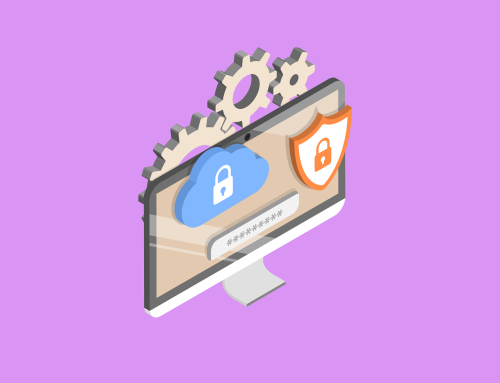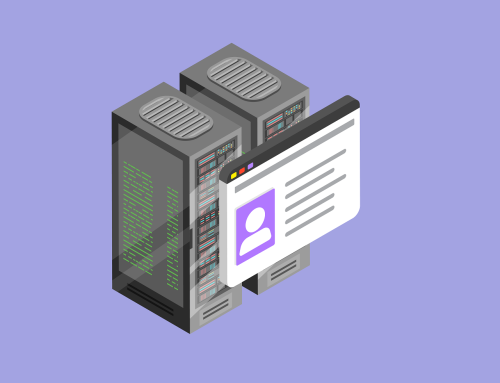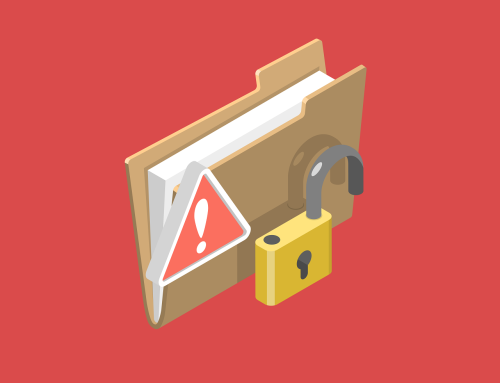Disaster Recovery for Small Businesses
As discussed in a previous blog, disaster recovery plans are incredibly important as they help organisations resolve data loss and recover system functionality in the event of an unfortunate occurrence.
While large organisations may have many disaster recovery plans and procedures in place if something goes wrong, smaller organisations may have little preparation in place. An organisation with a weak disaster recovery planning makes them vulnerable to a natural or human-induced disaster.
Discussed below are some of the ways a small business can prepare for disaster recovery.
Disaster Recovery Team
Prior to developing any plan, a team of employees must be selected to be the main points of contact in the event of a disaster.
This team can be across the organisation, from different departments to ensure that implementation of any plan is carried out correctly.
Planning
Creating an emergency response plan should guide the company in the right direction at the first steps following a disaster. Following simple steps will give the organisation a better understanding of the damage caused.
This should be followed by creating a business continuity plan, including a business impact analysis and a recovery plan to ensure there is minimised disruption to your customers.
Developing a framework for your plans will give your team a clear way of getting the organisation on the road to recovery.
Invest in Cyber Security
While smaller businesses mightn’t have the budget to afford any major cyber security systems, there needs to be some level of investment in appropriate cyber security measures, as smaller organisations are often targeted due to a lack of security in place.
Approximately 60% of smaller businesses are unable to sustain their business over six months following a cyber-attack.
Staff Training
Your staff need to be prepared in the event of unfortunate circumstances where business continuity is affected.
Simple steps such as regular and robust IT training can help prevent many malicious attacks from being successful. Where staff can spot phishing emails, dodgy links and other clever ways attackers get access to an organisation’s data, disaster can be avoided.
Staff should be familiar with the plans and procedures in event of a disaster, while also being kept up to date in the event of changes to policies.
Organisations should conduct drills to see just how capable they are in the event of a disaster. Once a disaster strikes, it’s already too late to begin educating employees.
Regular Data Backups
Data loss can have major effects on how a business continues to operate in the event of something going wrong.
Regular data backups of important data either on-site, off-site or in the cloud can give your organisation peace of mind. Business continuity should always be a priority in the event of a disaster.
A comprehensive backup will allow your organisation to easily recover customer, employee and business data lost.
Insurance Collaboration
With the potential of a damaging disaster always possible, it’s important to regularly review and understand your insurance coverage and updating it when necessary.
It’s always recommended to work closely with insurance providers to understand the best options available in the event of an emergency.
Reviewing & Updating
Businesses change a lot over the years and so do the risks. A disaster recovery plan that was created 8 years ago mightn’t be as relevant anymore.
It’s always important to do regular reviews of policies and plans, while also staying on top of training in the event of staff turnover.
Are you preparing to alter your data management strategy over the next few months? If so, contact us today on +353 1 8041298, or click on the link below to be brought to our contact form.









